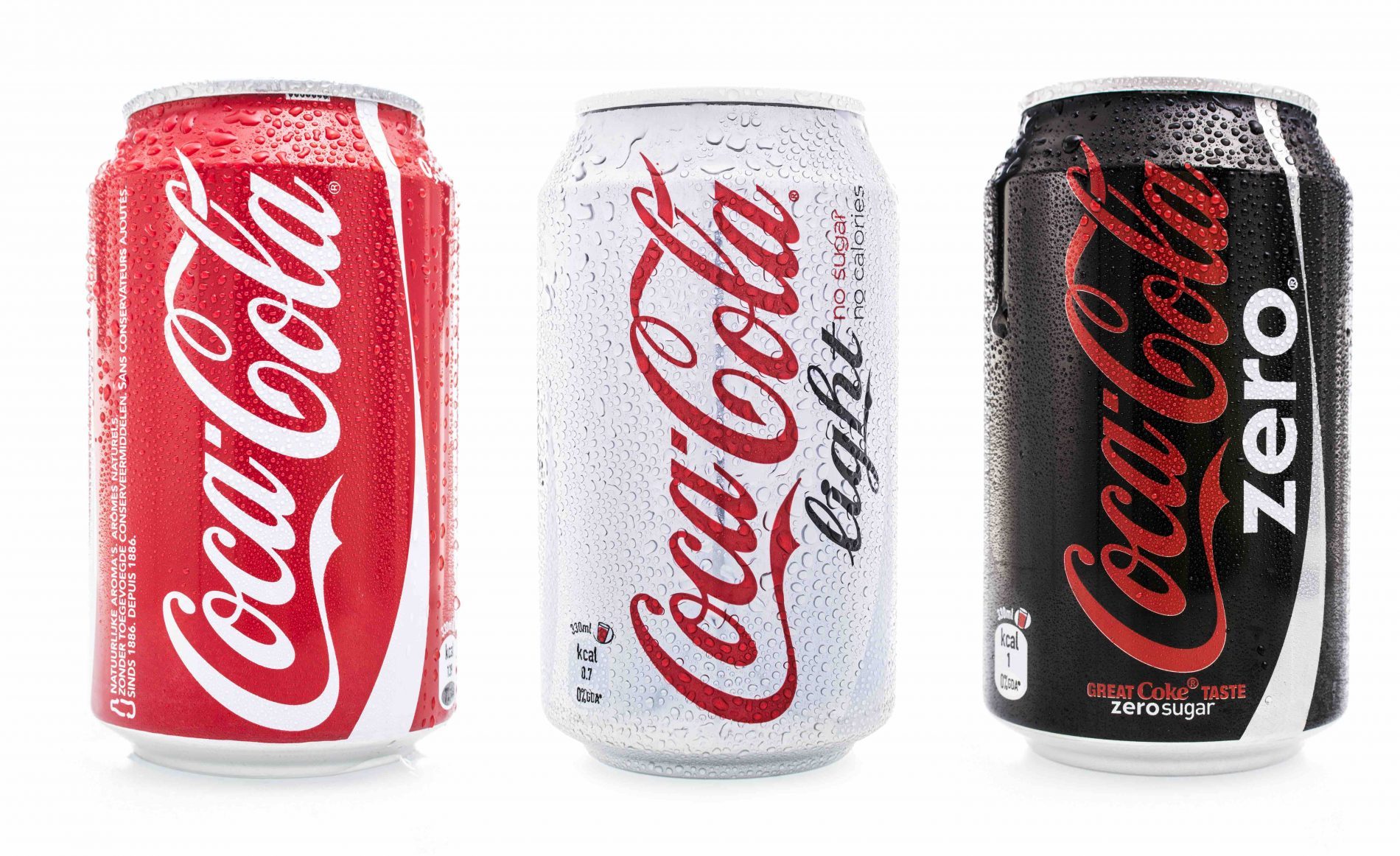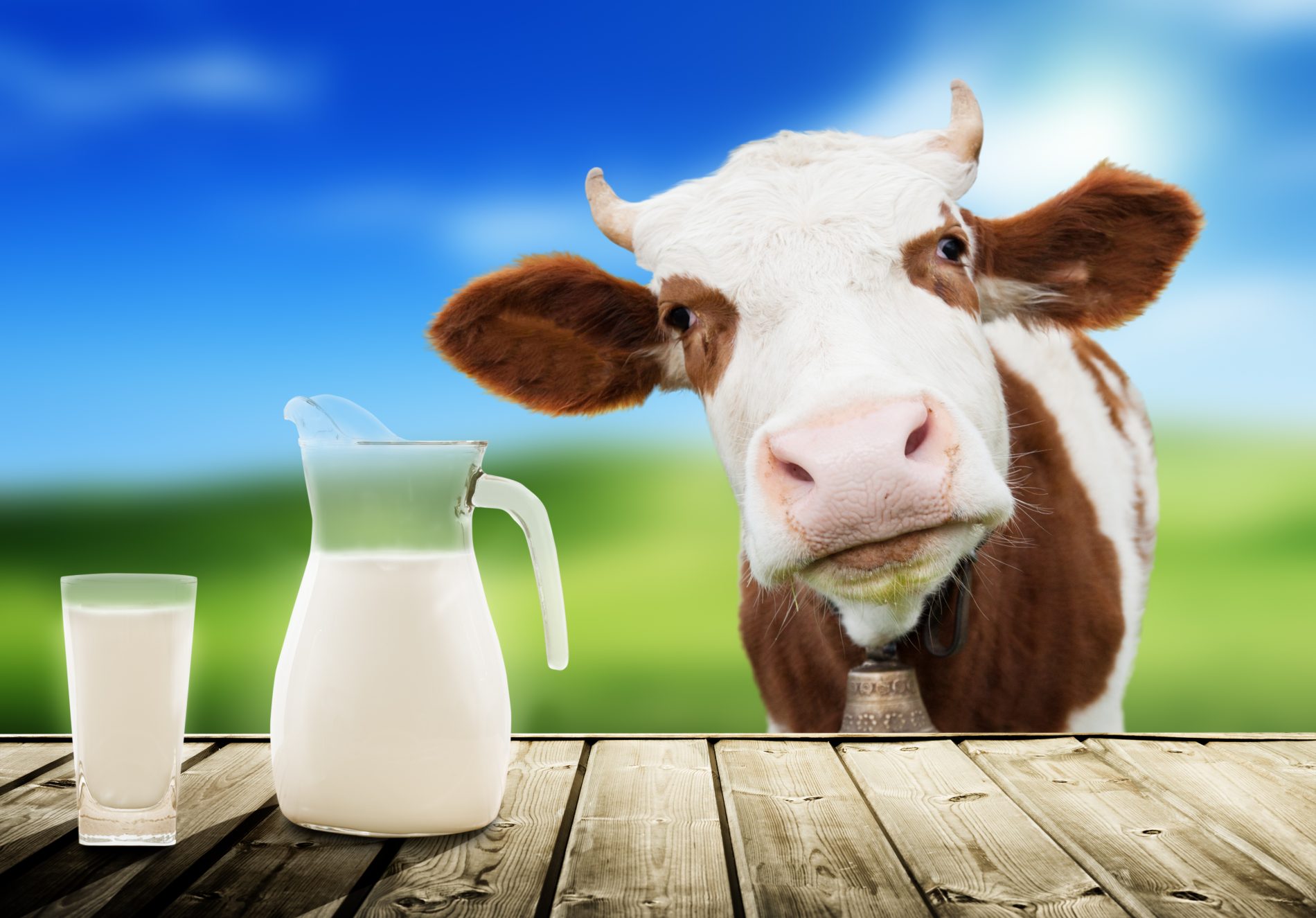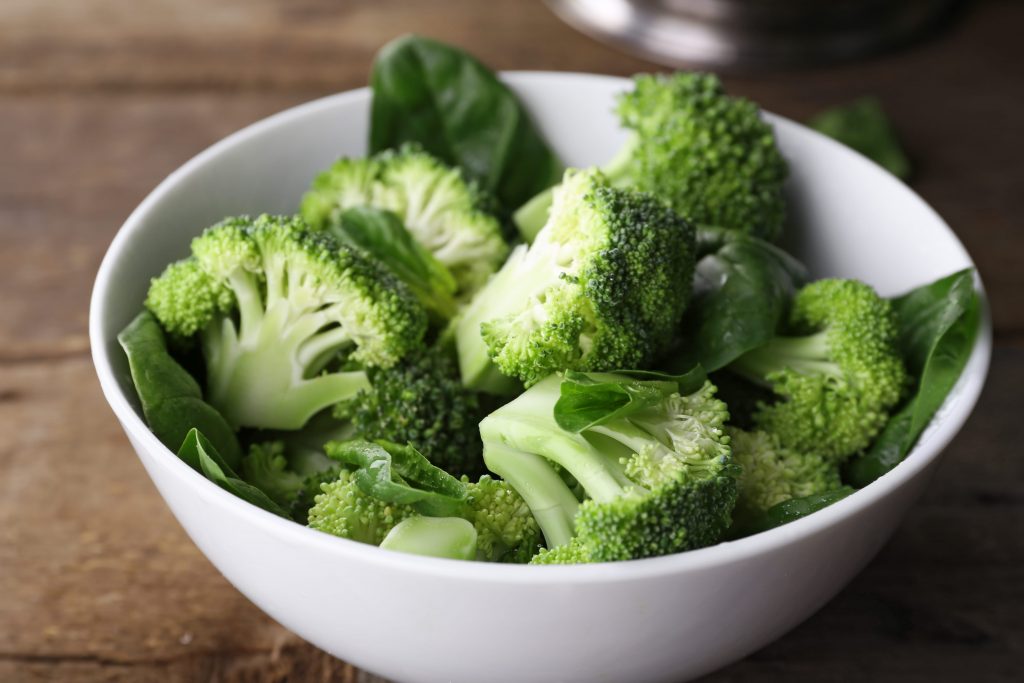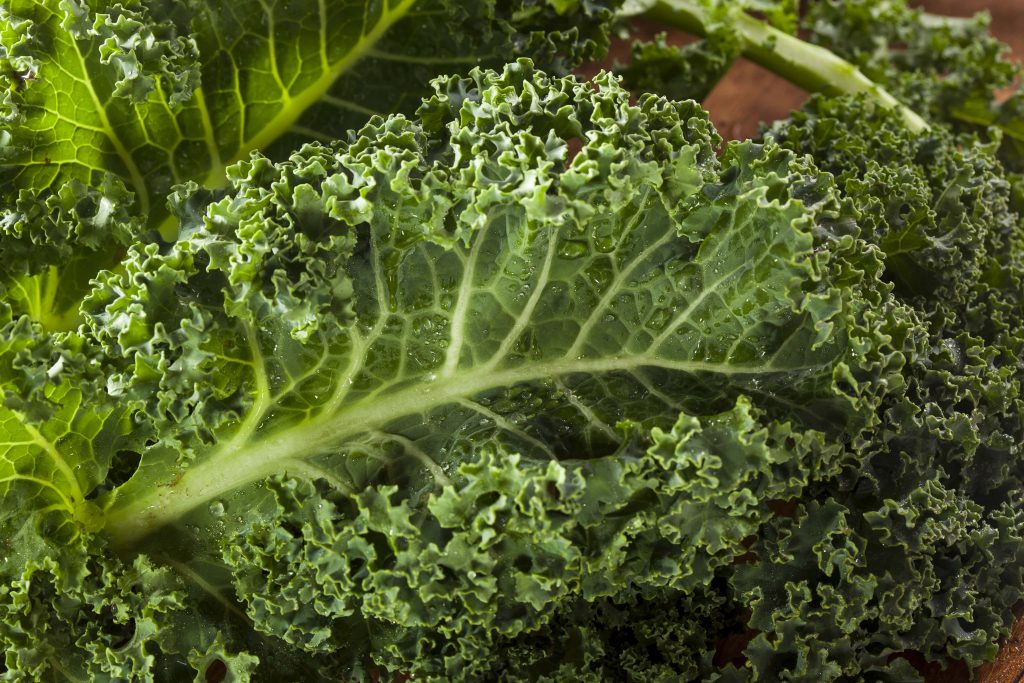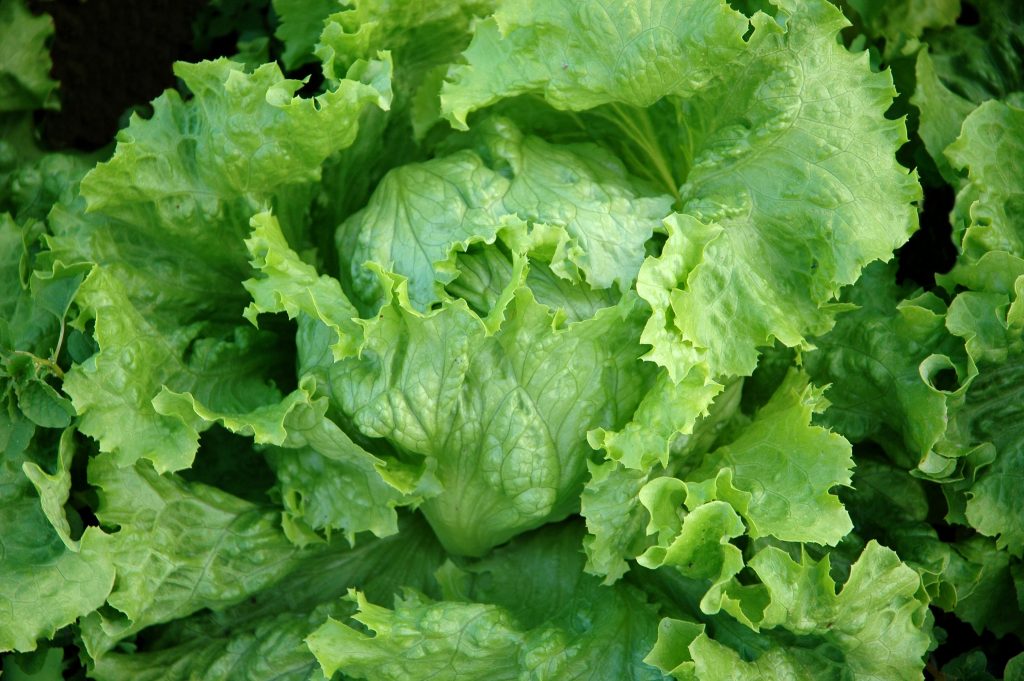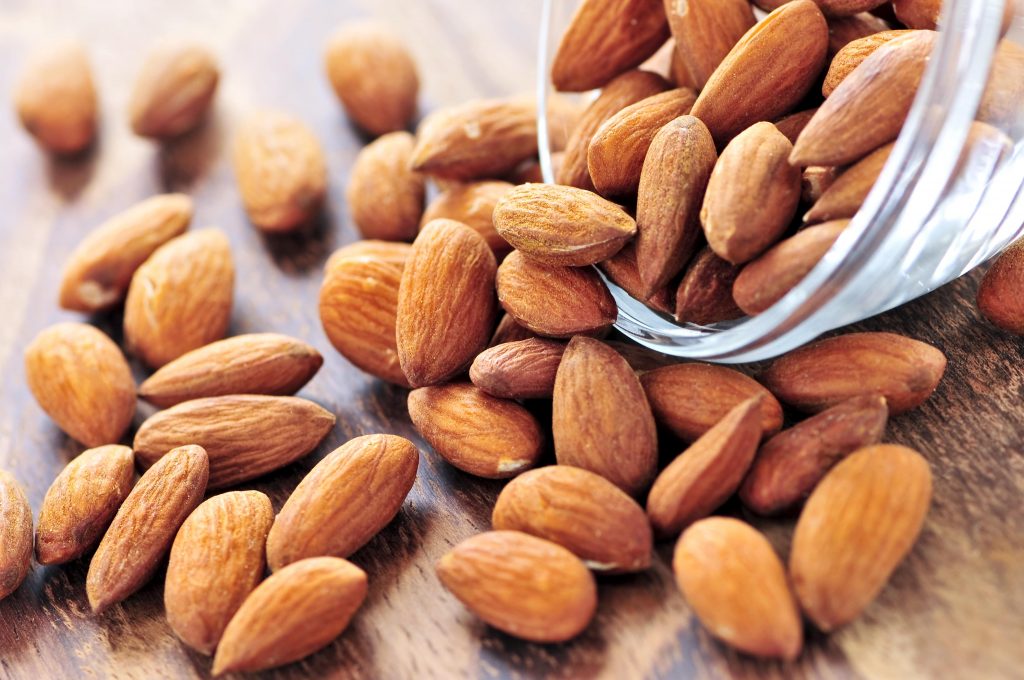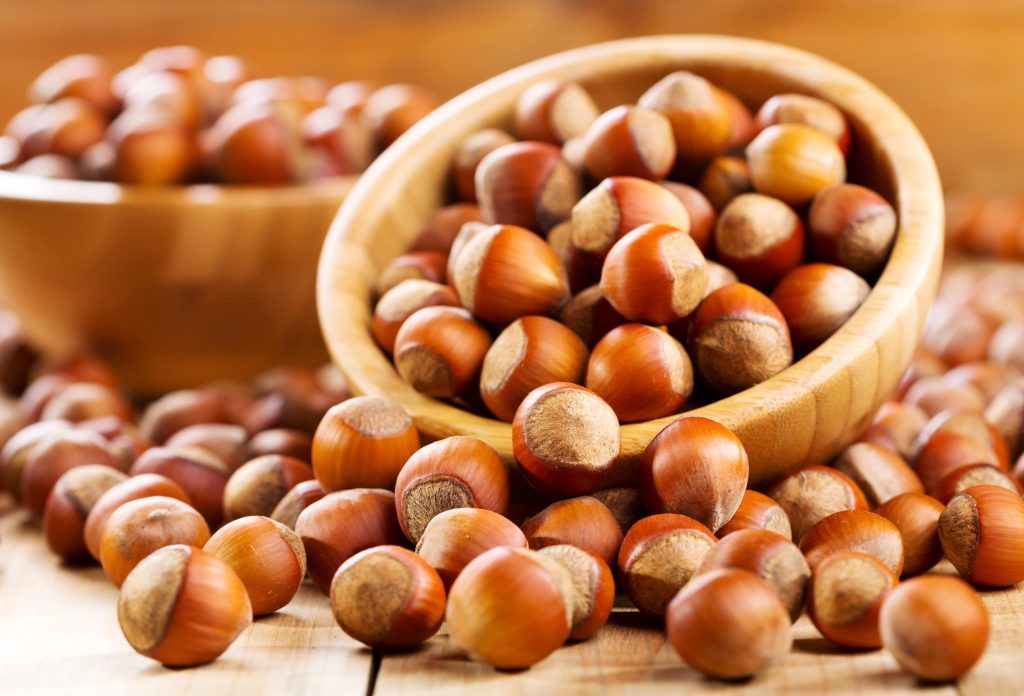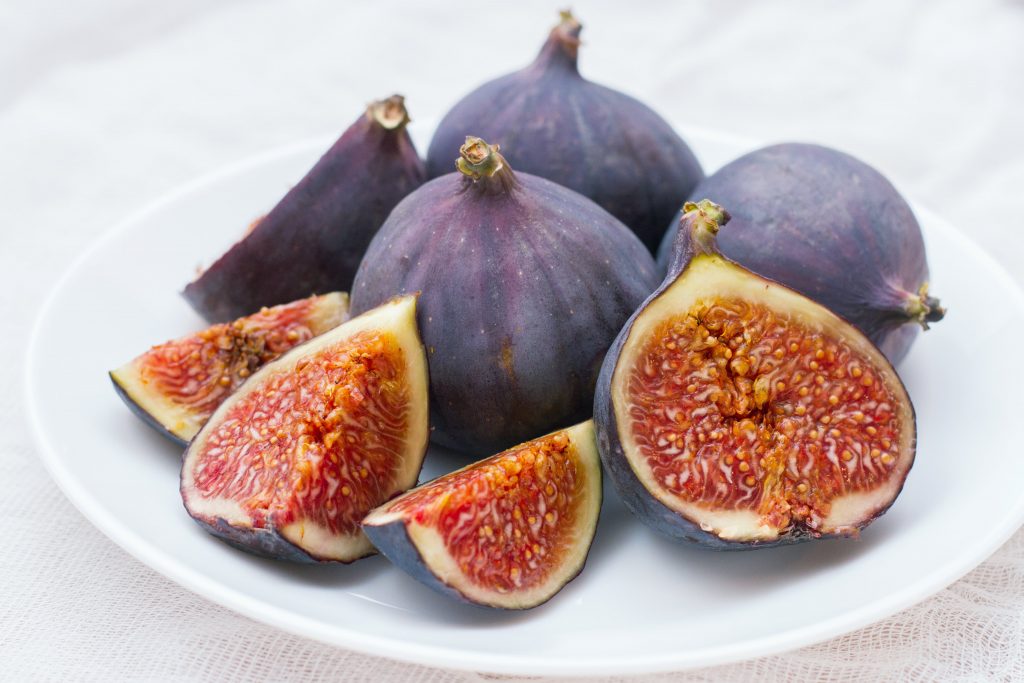Although the label on a diet soda may indicate that it is a healthier version of its full sugar counterpart, when you look at the studies on how diet soda impacts your health, you’ll be thinking twice before indulging again.
First things first…this post is not a debate as to which soda product to consume.
Regardless of the type of soda that you may be consuming, I want to be clear that consuming this product raises very significant health concerns.
Soda of any kind is highly acidic and can contribute to tooth decay as well as affect the pH of the body. Consuming a diet that is high in processed foods and beverages creates an acidic environment in the body, which creates imbalances in the body. To counteract the acidity of the body, calcium can be leached from bones and teeth to raise the pH closer to neutral.
Living in a state of acidity also allows for diseases to form in the body including cancer, diabetes, and cardiovascular disease, just to name a few.
This message is directed at those people that drink diet pop and truly believe that they are doing their body a service by not indulging in the more sugar-laden stuff. So, let’s get down to the nitty gritty on how drinking diet soda can specifically negatively effect your health and future wellbeing.
Tooth Decay
If you are concerned with keeping your pearly whites in good condition, then ditching your soda habits is imperative. The acidity from the pop eats away at the enamel and can cause tooth decay. Imagine how your teeth would hold up if submerged in battery acid. Well, the acidity of pop (pH of 2.5) isn’t far off from that of battery acid (pH of 1). Remember back to high school chemistry class that water is neutral with a pH of 7. With a pH of 2.5, there is no wonder that pop can wreak havoc on our body so quickly.
Cardiovascular Disease
As if there aren’t enough, lifestyle factors that can trigger the development of cardiovascular disease without a beverage that is marketed as “diet” and “sugar-free” to confuse consumers. Do yourself a favour and remove all sodas from your diet. The consumption of diet pop has been linked to an increased risk of heart attack and stroke.
Weight issues
Like many “diet” products that don’t help you to lose weight magically, the same is true of diet soda. The artificial sugars in soda also trigger insulin to be released, much like regular pop does, and initiates fat storage in the body. The best options are to replace pop with water and herbal teas.
Kidney Damage
Think of your kidneys as a filter responsible for cleaning out unwanted substances and excess fluid in your body and releasing it as urine. Now imagine what happens to a filter when it is full of “junk.”
It is believed that the sweeteners (“junk”) used in diet pop cause kidney function to decline with regular consumption of diet pop.
Now that you have the lowdown on diet pop, steer clear of it and any other beverage masking itself as “diet” or “sugar-free.”
Jo-Anne Richardson has almost a decade of experience managing a chiropractic office and educating patients on how chiropractic can allow your body to express optimal health. She is a Registered Holistic Nutritionist and holds a Degree in Communications. She loves to experiment with raw vegan recipes, loves to salsa dance, travel and learn new holistic health information to share tips with everyone who visits the office.

